
The Newsroom
Neighborhood Villages in the News

Lauren Kennedy and Sarah Muncey Want to Solve the Massachusetts Child Care Crisis
Through Neighborhood Villages, the two women are boldly reimagining the state’s approach to early education so that both families and businesses can thrive.

Neighborhood Villages Commends Early Education Funding in Senate FY26 State Budget
Final Senate FY26 Budget Includes $1.7 Billion For Early Education and Care.

Neighborhood Villages Applauds Early Education Funding in House FY26 State Budget
House FY26 Budget Includes over $1.6 Billion For Early Education and Care, Including $475 Million for Child Care Operations Grants.

Neighborhood Villages Issues Statement on Closure of Federal Office of Child Care in Boston
Neighborhood Villages has released a statement in response to the closure of the federal Region 1 Office of Child Care (OCC) in Boston, which served Massachusetts, Maine, New Hampshire, Vermont, Rhode Island, and Connecticut.

Neighborhood Villages Issues Statement on Head Start Closures and Terminations
Neighborhood Villages has released a statement in response to the closure of the Region 1 Office of Head Start in Boston, along with four other regional offices across the country, and the termination of federal staff at those locations.

‘Play Is Essential’: Retrofitted School Bus Brings Pre-School Education to Local Homeless Shelters
Sarah Muncey is with Neighborhood Villages, a non-profit that advocates for early education reform. She said “One of the really amazing things about the busses are that what we’re showing is that you can bring play based social emotional learning anywhere. There’s no excuse for us not bringing these experiences to children.”

Neighborhood Villages Statement on $1.8B Investment in Early Education in Governor Healey’s Proposed FY26 Budget and Supplemental Budget
Governor Maura Healey has committed a combined $1.8 billion in early education funding, including $475 million for Commonwealth Cares for Children (C3) grants in her proposed Fiscal Year 2026 (FY26) budget.
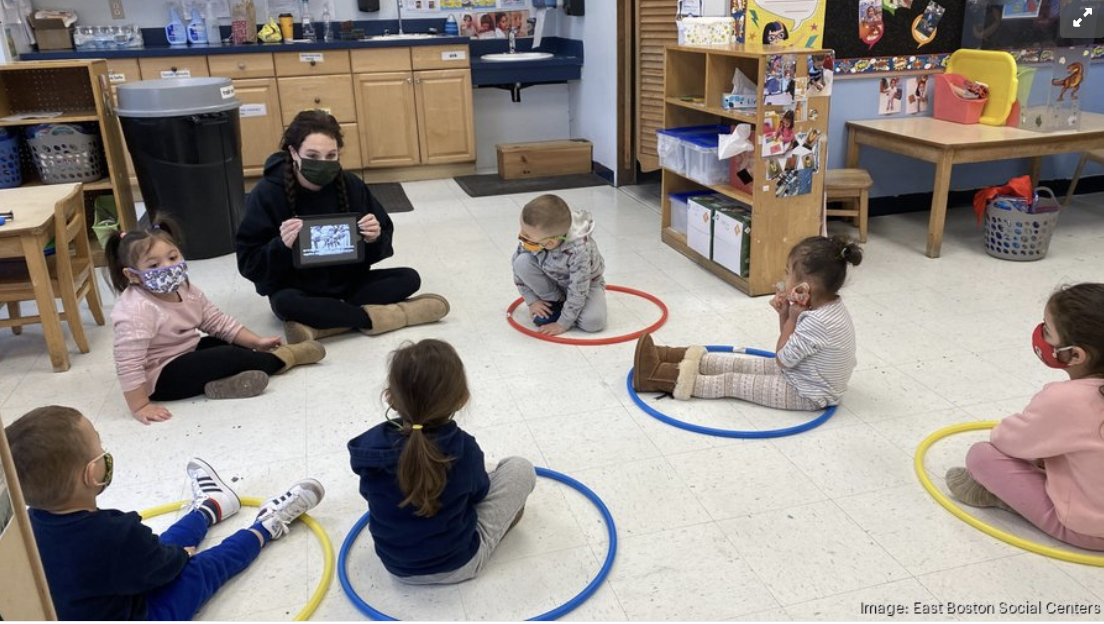
Low wages, long hours: How Mass. is addressing the childcare workforce crisis
Binal Patel, chief program officer at Neighborhood Villages, said addressing low wages and supporting apprenticeships programs are needed to improve the workforce.

Neighborhood Villages’ 2024 Winter Wonder Fest Brings Holiday Joy to Boston Families
Neighborhood Villages hosted their 3rd annual Winter Wonder Fest, a family-friendly community event open to all children, families, and educators to celebrate the holiday season and receive essential goods.

Neighborhood Villages Releases Case Study on Early Education Apprenticeship Program During National Apprenticeship Week
In recognition of National Apprenticeship Week, Neighborhood Villages released a case study on its early childhood education (ECE) Registered Apprenticeship Program that illustrates how apprenticeship programs help address the child care workforce crisis.
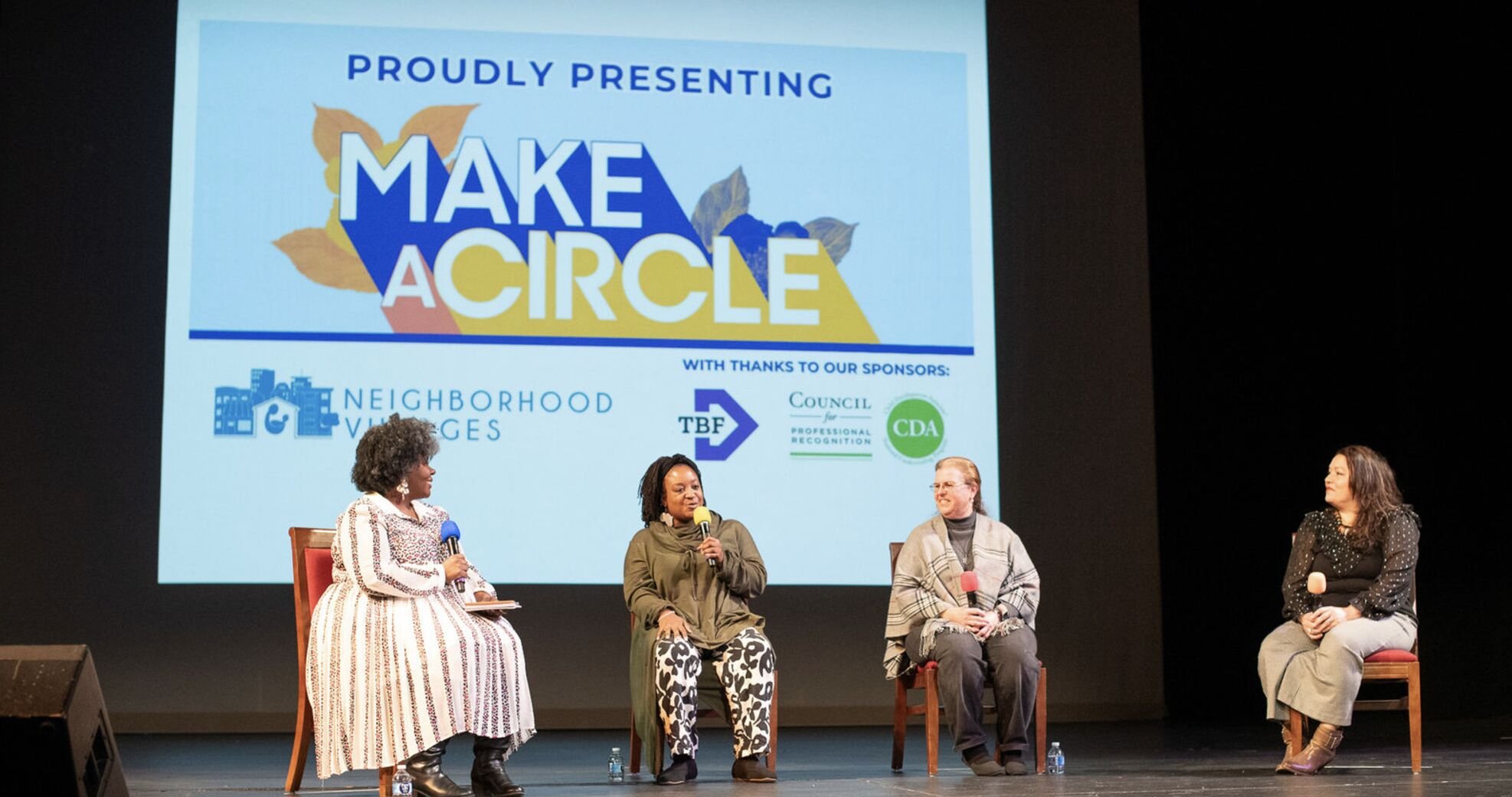
ICYMI: Neighborhood Villages Hosts Film Screening of Child Care Documentary in Dorchester
The Boston-based nonprofit hosted the Massachusetts premiere of “Make a Circle” at the Strand Theatre
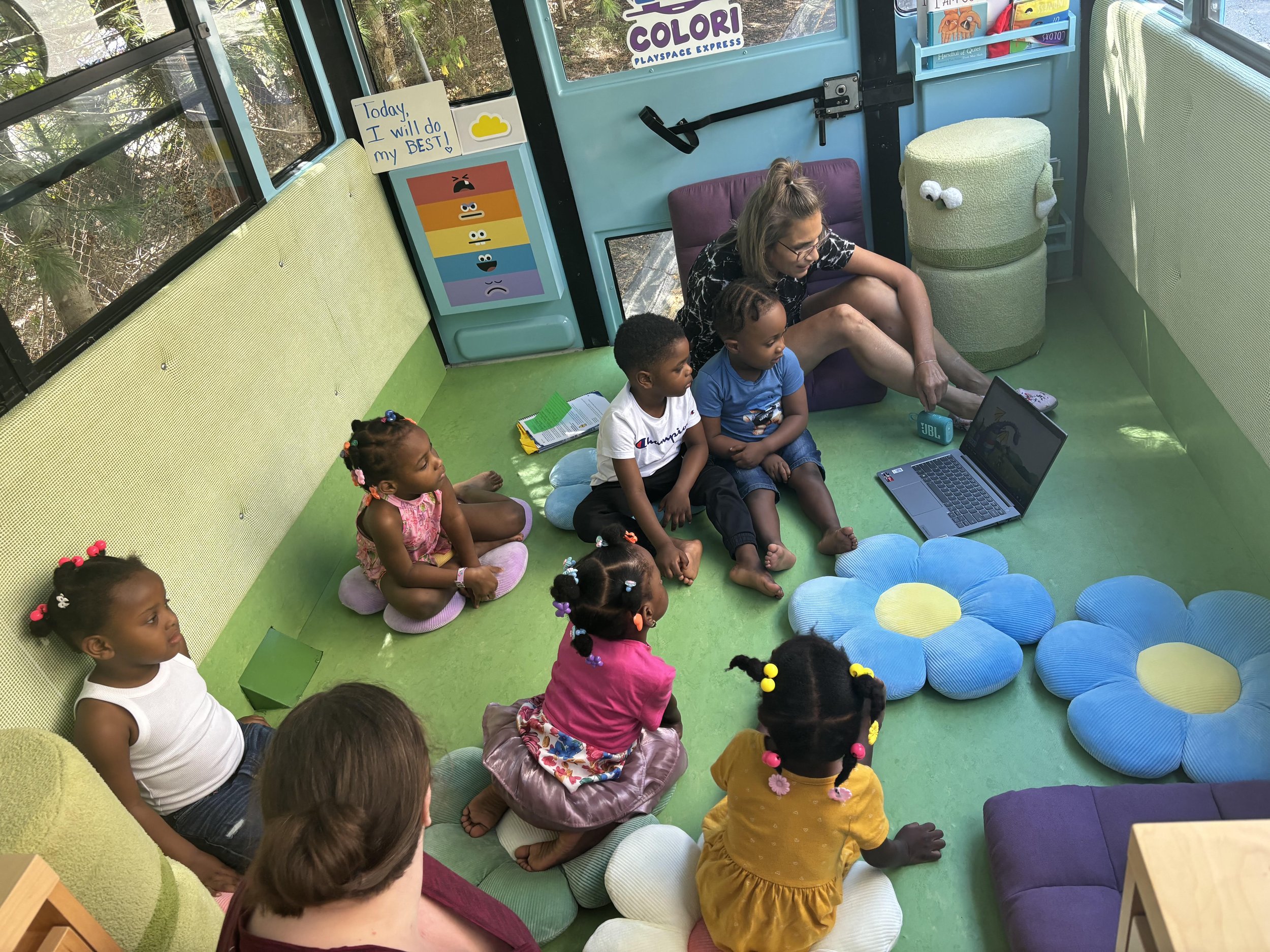
Beyond the Pod: Addressing the Housing Crisis
Episode three of our hit podcast “No One Is Coming To Save Us” takes on the issue of housing. We hear firsthand experience from Caitlin Liversidge who became pregnant and homeless last year and has since moved through transitional housing into her own apartment with her healthy two-month-old daughter.

Healey-Driscoll Administration Celebrates National Leadership in Making Child Care More Affordable and Accessible
Massachusetts only state to continue funding child care stabilization grants at same level federal government did.

Boston Non-Profit Neighborhood Villages Announces Season 4 of Hit Podcast About Child Care Crisis
New Season of “No One is Coming to Save Us,” is Co-Produced with Lemonada Media.

Americans are shelling out thousands per month on childcare. Private equity could be making the crisis worse.
These services share one key characteristic: because they are essential, there is constant demand and people are prepared to pay handsomely for them. “Child care is something that families need in order to work,” says Elizabeth Leiwant, director of government relations at Neighborhood Villages.
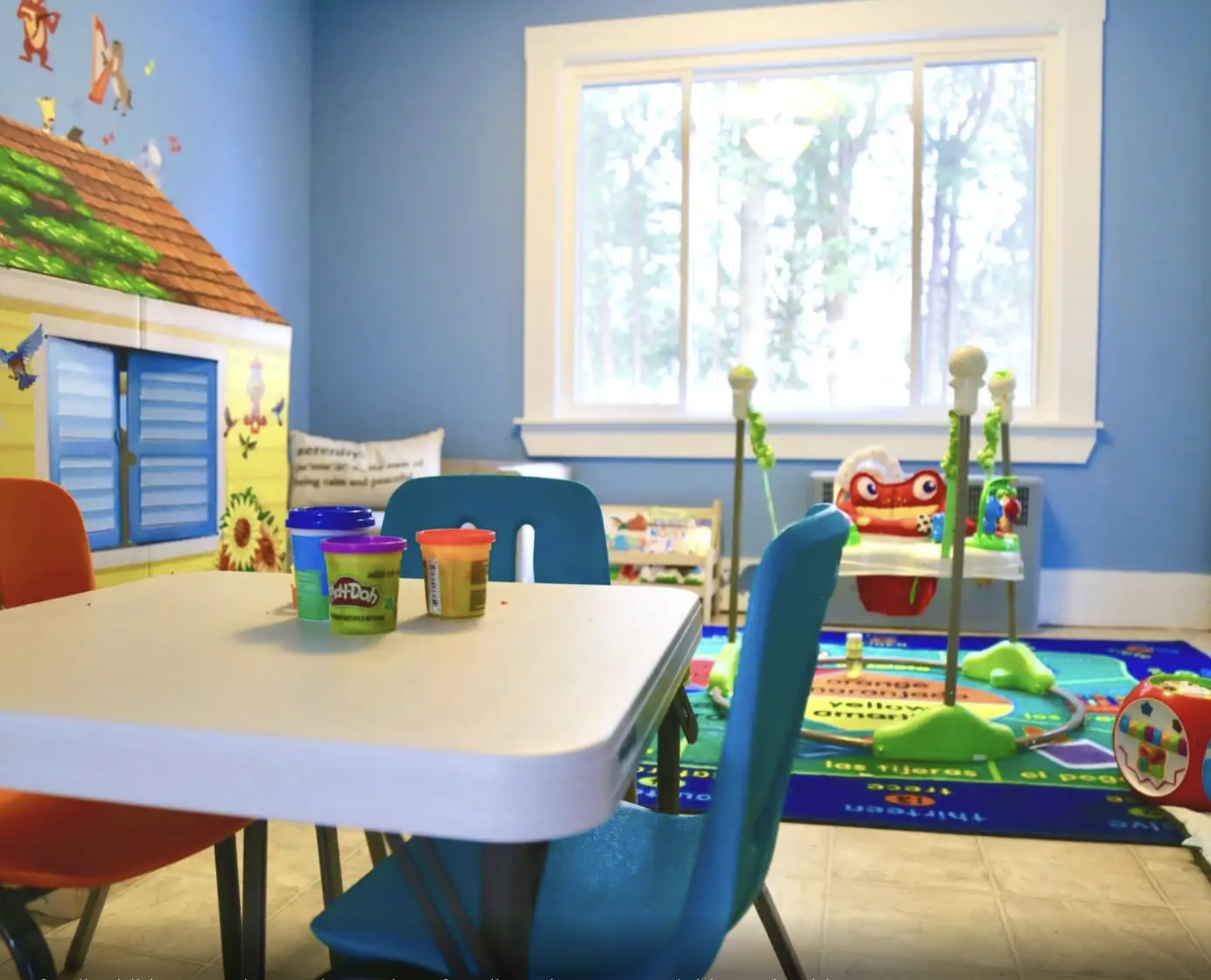
Mass. Takes Major Step Toward Child Care Reform
State sets ambitious framework for addressing one of its biggest challenges

Neighborhood Villages Celebrates FY25 State Budget
Signed Budget Strengthens Early Education and Care

Neighborhood Villages Applauds Early Education Investments in FY25 State Budget Compromise
Proposal Includes $1.52 Billion For Early Education and Care, Makes C3 Grant Program Permanent

Do You Have an Idea for Early Education?
Zaentz Early Education Initiative looks for fresh ideas to transform the early education landscape
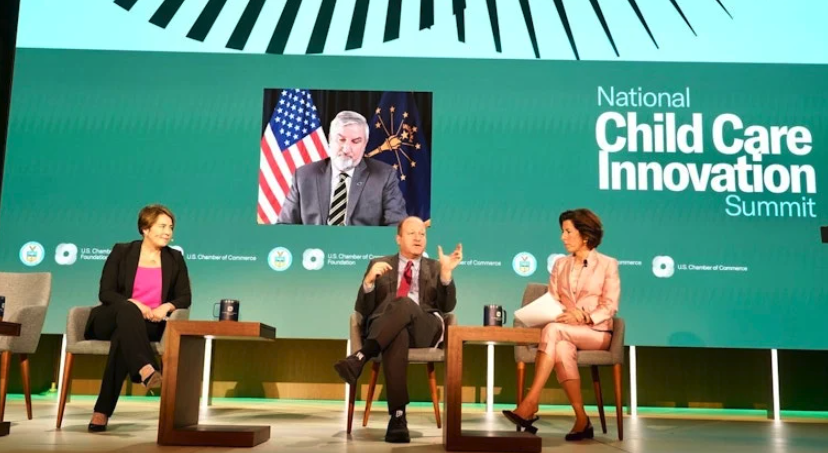
Governor Healey And Commerce Secretary Raimondo Rally For Child Care Reform At Innovation Summit
Massachusetts Governor Maura Healey took the podium alongside U.S. Secretary of Commerce Gina Raimondo at the inaugural National Child Care Innovation Summit.
